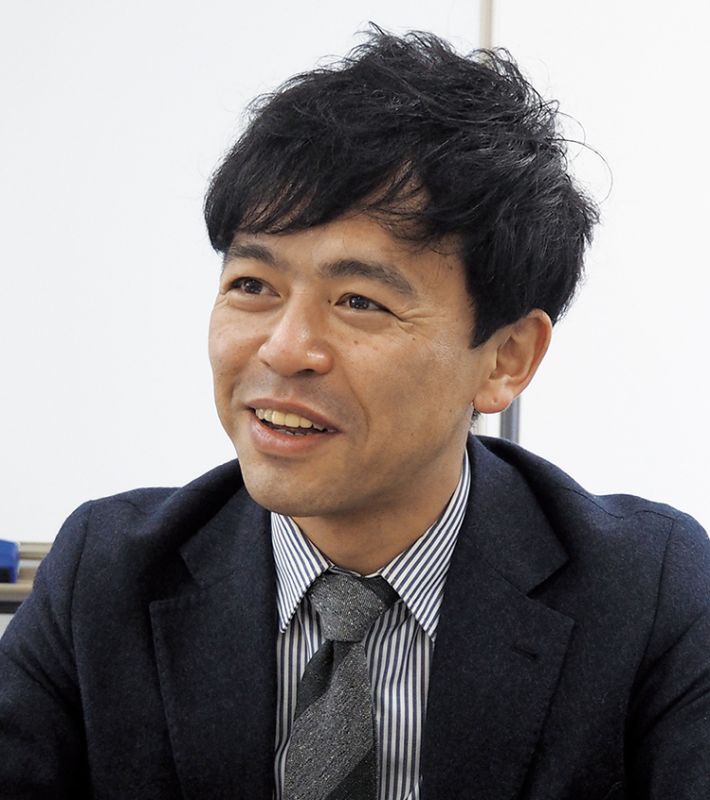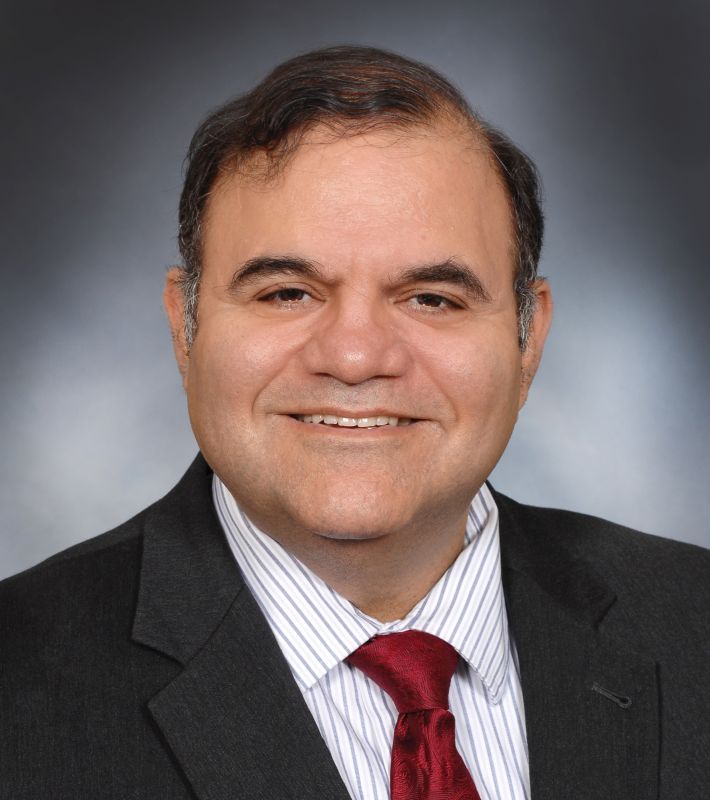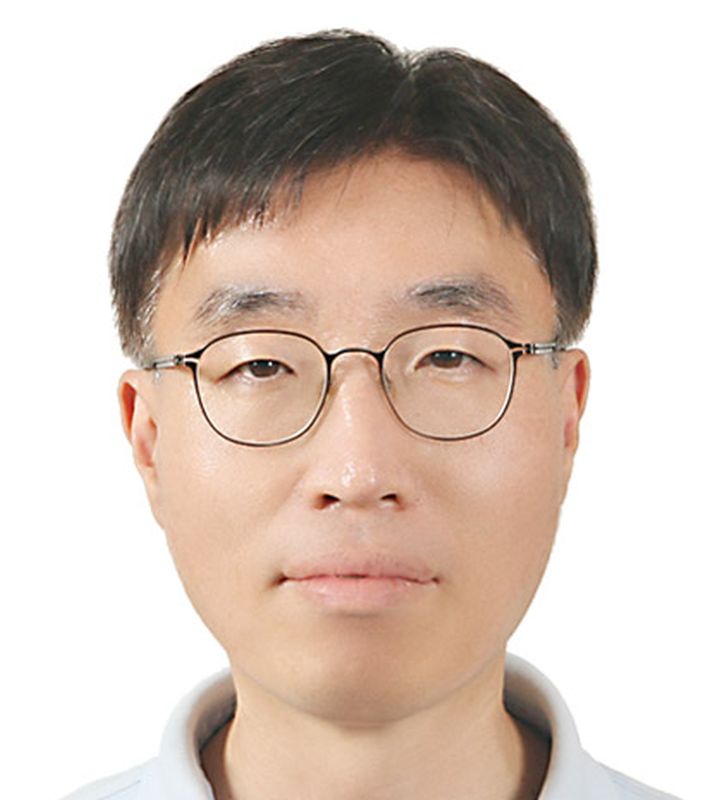Plenary Talk 1 (Nov. 30, 2022)
Plant Growth Monitoring for Intelligent Environmental Control in Greenhouse
Prof. Kotaro Takayama
Professor, Graduate School of Engineering Department of Mechanical Engineering,
Director, Research Center for Agrotechnology and Biotechnology
Toyohashi University of Technology, Japan
Professor, Graduate School of Agriculture Department of Food Production Science,
Vice Director, Research Center for Intelligent Greenhouse Systems
Ehime University, Japan
Council member of Science Council of Japan
 Abstract:
The speaking plant approach (SPA) concept defines that optimal crop cultivation conditions should be based on the plant's physiological status. The first and most important step in SPA is to obtain physiological information from a plant and then to judge whether the plant is healthy. In this lecture, a photosynthesis real-time monitoring system and a hanging-type plant imaging robot developed in our previous studies are introduced, and the SPA concept-based environmental control system would be proposed.
Abstract:
The speaking plant approach (SPA) concept defines that optimal crop cultivation conditions should be based on the plant's physiological status. The first and most important step in SPA is to obtain physiological information from a plant and then to judge whether the plant is healthy. In this lecture, a photosynthesis real-time monitoring system and a hanging-type plant imaging robot developed in our previous studies are introduced, and the SPA concept-based environmental control system would be proposed.
Photosynthesis is the primal action of plant growth, hence the main objective of environmental control in a greenhouse is to keep the crop's photosynthesis as high as possible under the changing solar radiation within a reasonable cost. A photosynthesis real-time monitoring system provides the information on photosynthesis (CO2 absorption rate), transpiration (evaporation from leaves), and total conductance (stomatal opening) of the plants grown in a commercial greenhouse through a dedicated web application. It allows us to make accurate models of environmental response of photosynthesis and transpiration with machine learning, and the models are useful for the optimization of environmental control and yield prediction. The developed photosynthesis real-time monitoring system has been commercially available in Japan and there are more than 70 use cases until now.
The photosynthetic product generated during the daytime is delivered to the growing organs such as leaves, stems, and fruits. The hanging-type plant imaging robot, which is hung on a curtain rail and automatically moves along the plant canopy, measures the daily plant growth by capturing color and chlorophyll fluorescence images. Color images obtained with a visible camera and white LED are mainly used for fruit detection/counting and yield prediction with AI techniques. Chlorophyll fluorescence is the red-light emission, which is generated by the light energy absorbed by the photosynthetic pigments that were not used for photosynthetic reactions. Hence, the accurate imaging of chlorophyll fluorescence allows for the evaluation of photosynthetic functions without touching the plants. Furthermore, chlorophyll fluorescence imaging with an infrared camera and blue LED facilitates the recognition of plant green areas, and it is quite useful for the daily measurement of stem elongation and leaf expansion.
In April 2022, we started to develop a SPA concept-based low-cost steel pipe greenhouse with the support of the Ministry of the Environment, Japan. In this greenhouse, environmental control will be automatically optimized based on data and models of photosynthesis, transpiration, and growth. Of course, the optimization's objective can vary depending on the grower's management policy such as higher yield, energy saving, carbon neutrality, and SDGs.
Bio:
Dr. Kotaro Takayama has been, Professor at the Graduate School of Engineering Department of Mechanical Engineering since 2021 (Project professor at the Research Center for Agrotechnology and Biotechnology since 2018), and Director of the Research Center for Agrotechnology and Biotechnology at the Toyohashi University of Technology since 2022. And, he has been a Professor at the Graduate School of Agriculture Department of Food Production Science, and Vice Director of the Research Center for Intelligent Greenhouse Systems at Ehime University since 2017 under the Cross-appointment System. In addition, he has elected as a council member of the 25th-26th term (2020-) of the Science Council of Japan. He served as a Project Leader of "AI-based optimization of environmental control and labor management for large-scale greenhouse production", the Ministry of Agriculture, Forestry and Fisheries, Japan (2017-2021) and is leading a Project of the NARO Bio-oriented Technology Research Advancement Institution (Research program on development of innovative technology) (2020-2022). He is also promoting Agri-tech and Bio-tech startup companies as a Program Manager of the SBIR (Small Business Innovation Research) program of the Bio-oriented Technology Research Advancement Institution, NARO.
He was conferred Ph.D. in Agricultural Engineering from the University of Tokyo in 2004 and started to work as an assistant professor at Ehime University, and was promoted to senior assistant in 2007, as an associate professor in 2013. And he was a Guest researcher of Farm Technology Group at Wageningen University & Research in 2007-2008, 2011, and 2016.
Plenary Talk 2 (Dec. 1, 2022)
Realizing Trustworthy Artificial Intelligence - Perceived Gaps & Promising Approaches
Prof. Kelly Cohen
Brian H. Rowe Endowed Chair in Aerospace Engineering,
Director, AI Bio Lab, Digital Futures,
University of Cincinnati, USA
President Elect, North American Fuzzy Information Society (NAFIPS)
 Abstract:
According to PricewaterhouseCoopers, the global economic impact of Artificial Intelligence (AI) is a mind boggling $15 Trillion, "making it the biggest commercial opportunity in today's fast changing economy" by bringing about the transformation of productivity resulting in GDP growth.
To realize this immense economic potential for the safety and mission critical arena such as Health Care, Transportation, Aerospace, Cybersecurity, and Manufacturing existing vulnerabilities need to be clearly identified, and addressed.
The end user of such applications as well as the taxpaying public will need assurances that the fielded systems can be trusted to deliver as tasked.
Moreover, recent developments evaluating the trustworthiness of high performing black-box” AI has classified them using the term "Brittle AI".
These developments coupled with a growing belief in the need for "Explainable AI" has led major policy makers in the US and Europe to underscore the importance of "Responsible AI".
In this Plenary Talk, Dr. Kelly Cohen will provide a broad picture into the AI opportunities, a discussion on identified gaps and present a few promising approaches which includes introducing responsible redundancies to encounter uncertainties and challenging situations, and decision aids for human supervisors on the loop.
Within this broad framework, Dr. Cohen will suggest exciting extensions in the area of fuzzy logic-based solutions as potentially promising.
Furthermore, a few high impact use cases, based on his work with his students at the University of Cincinnati will be featured.
Abstract:
According to PricewaterhouseCoopers, the global economic impact of Artificial Intelligence (AI) is a mind boggling $15 Trillion, "making it the biggest commercial opportunity in today's fast changing economy" by bringing about the transformation of productivity resulting in GDP growth.
To realize this immense economic potential for the safety and mission critical arena such as Health Care, Transportation, Aerospace, Cybersecurity, and Manufacturing existing vulnerabilities need to be clearly identified, and addressed.
The end user of such applications as well as the taxpaying public will need assurances that the fielded systems can be trusted to deliver as tasked.
Moreover, recent developments evaluating the trustworthiness of high performing black-box” AI has classified them using the term "Brittle AI".
These developments coupled with a growing belief in the need for "Explainable AI" has led major policy makers in the US and Europe to underscore the importance of "Responsible AI".
In this Plenary Talk, Dr. Kelly Cohen will provide a broad picture into the AI opportunities, a discussion on identified gaps and present a few promising approaches which includes introducing responsible redundancies to encounter uncertainties and challenging situations, and decision aids for human supervisors on the loop.
Within this broad framework, Dr. Cohen will suggest exciting extensions in the area of fuzzy logic-based solutions as potentially promising.
Furthermore, a few high impact use cases, based on his work with his students at the University of Cincinnati will be featured.
Bio:
Dr. Kelly Cohen, the Brian H. Rowe Endowed Chair in aerospace engineering, and Director AI Bio Lab in Digital Futures, has been a faculty member since 2007 in the Department of Aerospace Engineering and Engineering Mechanics at University of Cincinnati's College of Engineering and Applied Science.
As of May 2022, he is the President Elect of the North American Fuzzy Information Society (NAFIPS).
From mid 2017 until December 2021, he served as the Interim Head of the above UC/Aerospace Department.
Dr. Cohen also has a secondary appointment in Department of Biomedical Engineering.
Dr. Cohen's main expertise lies in the area of Artificial Intelligence (AI), intelligent systems, UAVs and optimization.
He has developed genetic fuzzy logic-based machine learning algorithms for control and decision-making applications in the area of autonomous collaborating robotics as well as predictive modeling for personalizing medical treatment in neurological disorders.
Since 2010, he has graduated 11 PhD students and 28 MS students and secured research funding from NSF, NIH, USAF, DHS and NASA to develop algorithms for UAV applications as well as AI for bio-medical applications.
His career is marked by achievement in the field of aerospace engineering and education, including the UC/Provost's Faculty Career Award, SOCHE (Strategic Ohio Council for Higher Education) Excellence Award, UC George Barbour Award for Good Faculty-Student Relations, UC Faculty Core Values Award, UC Dolly Cohen Award for Excellence in Teaching, the American Institute of Aeronautics and Astronautics Outstanding Technical Contribution Application Award, the CEAS Distinguished Researcher Award and the Greater Cincinnati Consortium of Colleges and Universities Excellence in Teaching Award, among many others.
Plenary Talk 3 (Dec. 2, 2022)
Low-end Lidar Signal Processing for Autonomous Driving
Prof. Euntai Kim
Professor, School of Electrical and Electronic Engineering, Yonsei University
 Abstract:
Unlike high-end 3-dimensional (3D) lidars with more than 16 layers which are mainly used in academia, low-end 3D lidars with fewer layers are being developed by sensor makers for installation in commercial advanced driver assistance system (ADAS) or autonomous driving. The output of a low-end 3D lidar is completely different from that of a high-end 3D lidar and it is rather similar to the output of a 2D lidar with a single layer. Further, the corresponding processing algorithms of the low-end lidars should be implemented using low computation for commercialization.
This talk consists of three parts. In the first part, the vehicle bounding box tracking problem using a low-end lidar will be introduced. The vehicle bounding box tracking problem is a new tracking problem in which not only the position but also the size of a target vehicle is estimated using the low-end lidar. In the second part, the environment perception using the low-end lidar will be explained. The perception problem is simplified to meet the industry requirements for low-cost implementation. In the third part, a new application problem using a low-end lidar will be introduced to suggest the future direction for autonomous driving.
Abstract:
Unlike high-end 3-dimensional (3D) lidars with more than 16 layers which are mainly used in academia, low-end 3D lidars with fewer layers are being developed by sensor makers for installation in commercial advanced driver assistance system (ADAS) or autonomous driving. The output of a low-end 3D lidar is completely different from that of a high-end 3D lidar and it is rather similar to the output of a 2D lidar with a single layer. Further, the corresponding processing algorithms of the low-end lidars should be implemented using low computation for commercialization.
This talk consists of three parts. In the first part, the vehicle bounding box tracking problem using a low-end lidar will be introduced. The vehicle bounding box tracking problem is a new tracking problem in which not only the position but also the size of a target vehicle is estimated using the low-end lidar. In the second part, the environment perception using the low-end lidar will be explained. The perception problem is simplified to meet the industry requirements for low-cost implementation. In the third part, a new application problem using a low-end lidar will be introduced to suggest the future direction for autonomous driving.
Bio:
Euntai Kim received B.S., M.S., and Ph.D. degrees in electronic engineering, all from Yonsei University, Korea, in 1992, 1994, and 1999, respectively. From 1999 to 2002, he was a Full-Time Lecturer in the Department of Control and Instrumentation Engineering, Hankyong National University, Korea. Since 2002, he has been with the faculty of the School of Electrical and Electronic Engineering, Yonsei University, where he is currently a Professor. He was a Visiting Researcher with the Berkeley Initiative in Soft Computing, University of California, USA, in 2008. He was also a Visiting Researcher with Korea Institute of Science and Technology (KIST), Korea, in 2018.
